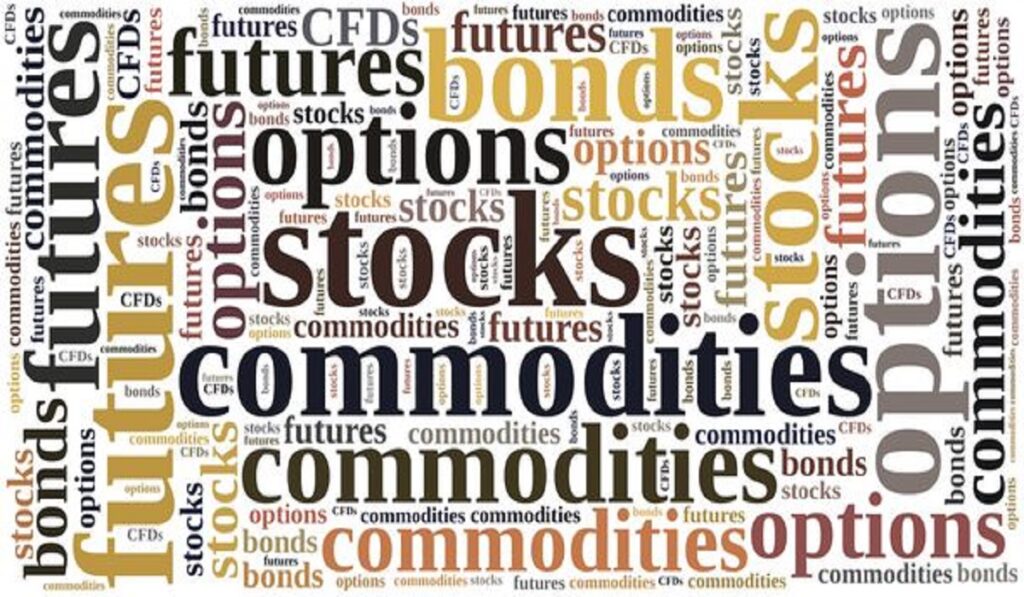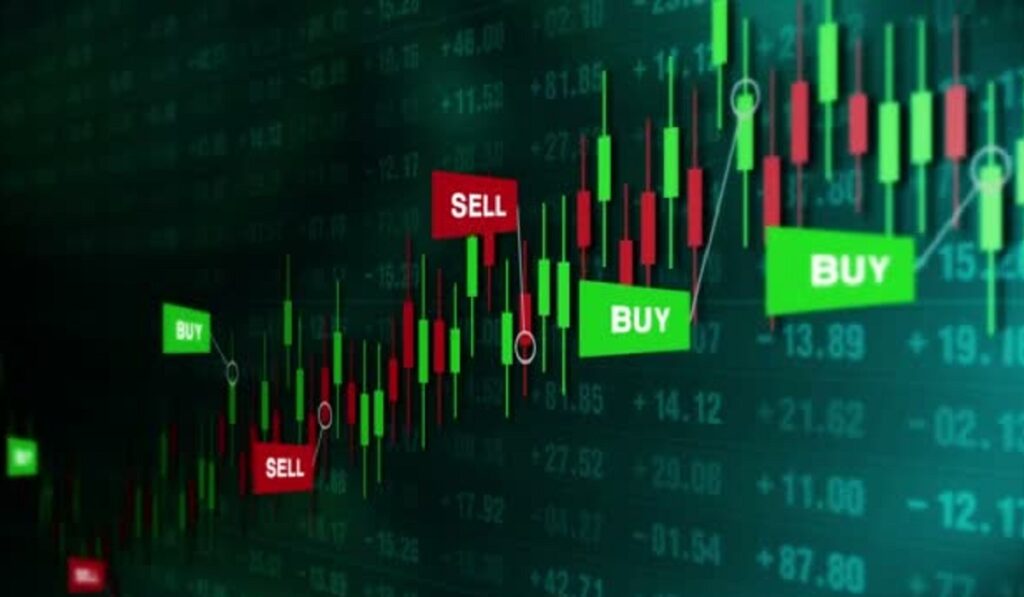Gold’s shifting role in global financial systems

Gold has long been considered an integral component of global finance, symbolizing wealth and power while setting asset valuation standards; but recently its status has come into question as claims surface about it losing some value over time.
Digital currencies and financial innovations are driving this transformation by providing transactions without using physical assets like gold. Some have raised concerns that such innovations might erode its relevance within modern economies.
Gold’s role has evolved with the expanding global economy and interconnection among financial markets, from its once being seen as protection from economic downturns or risks, to today being offered by various other assets around the globe.
Gold remains an integral component of global financial systems despite these difficulties, remaining popular with central banks, institutional investors and others as a store of value during periods of economic instability. Gold also finds widespread usage across a host of industrial and technical applications that only add more worth.
Gold’s role in finance is continually shifting and developing; over time it will only become increasingly relevant; yet for now gold remains an integral component of global financial systems that offers investors refuge against an increasingly challenging global environment.

Some Questions and Answers about Gold’s Changing Role in Global Financial Systems
Q1. What has gold’s historical impact been for global financial systems?
A1. Gold has played an essential role throughout history for world economies.
Gold has long been at the heart of global finance. Used primarily as currency and as an effective store of value, its existence ensured stability and trustworthiness within financial systems worldwide; many countries held large reserves to guarantee currency reliability.
Q2: Where was gold historically mined from?
A2: The Bretton Woods Agreement signed at the midpoint of the 20th century linked the U.S. Dollar to gold as part of an attempt at making gold the standard global currency, yet its collapse in 1970 forced all parties involved out of this system and rendered its implementation irrelevant.
Q3: Has the end of the gold standard changed its role within finance?
A3: With the termination of gold as money standard, society transitioned towards an economy in which government-issued paper money held value; gold’s use as direct exchange shrunk while its protection against economic uncertainty increased significantly.
Q4: Why can gold act as an economic hedge?
A4: Gold has long been seen as a safe-haven investment, drawing investors during economic crises as an insurance policy against currency devaluation or market instability. Investors regularly turn to gold as protection from economic instability.
Q5: Can you discuss the significance of central bank gold reserves?
A5: Gold reserves held by central banks remain significant and serve as an invaluable safety net to maintain currency stability, increase credibility and guard economies against economic shocks.
Q6: What role does gold currently play within modern investment portfolios?
A6: Diversifying portfolios is key for mitigating risk by spreading it over different assets like stocks and bonds, while gold investment provides extra safeguard in market downturns by helping minimize losses as an insurance measure.
Q7: Can anyone assist me in investing in gold?
A7: Investors have the ability to gain exposure to gold through various avenues, including gold-backed ETFs, mining stocks and futures contracts. Each method comes with its own set of advantages and risks that should be carefully considered before investing.
Q8: Has technology transformed how individuals invest in gold today?
A8: Technology has greatly simplified investors’ ability to invest in gold. Online platforms allow buyers to effortlessly buy, sell and trade on gold investments while blockchain technology and digital gold ownership certificates offer increased security and transparency for investors.
Q9: Are there any challenges involved with investing in gold?
Gold presents its own set of distinct challenges, such as storage costs and security measures. Furthermore, its price can fluctuate and fail to generate dividends or other forms of revenue from assets like stocks.
Q10: Do you anticipate gold taking an increasingly vital part in global finance in the future?
Gold will likely remain an effective hedge against economic insecurity for years to come, depending on inflation rates, currency exchange fluctuations and geopolitical events – remaining relevant as long as global financial systems require physical currencies like gold as storage devices to function optimally.






